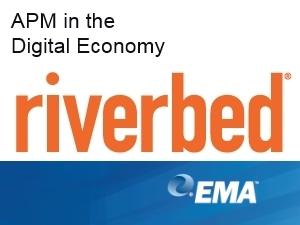
Agility in the utilisation of technology in the development and delivery of differentiating business services is a hallmark of companies succeeding in the "digital economy." And in the midst of a tidal wave of new technologies, software applications have become the functional core supporting digital transformation in virtually every area of the business. Modern software development, deployment, and delivery techniques are enabling new models for revenue generation, new roads to mutually beneficial partnerships, and improvements in personalised customer interaction.
Multiple ENTERPRISE MANAGEMENT ASSOCIATES (EMA) studies have made it clear that the road to digital transformation is not necessarily impediment-free. IT practitioners know that introducing change to a stable system has its risks, and change is at the core of digital transformation. Many such initiatives are dependent on broad adoption of execution ecosystems supported by Web services, API-connected transactions, containers, cloud services, and/or virtualisation in general. And while these technologies do provide a foundation for improved scalability and elasticity, they have also made execution ecosystems more dynamic and levels of service consumption less predictable. This inherent unpredictability raises the risks of adverse impact to performance and availability at the same time as software applications gain prominence as business-critical assets.
Dramatic transformations on both the technology and business fronts are driving digital transformation initiatives in almost every industry vertical. EMA conducted dual studies on the topic in 2015. The first, "Digital and IT Transformation: A Global View of Trends and Requirements," was published in September 2015. 1 It examined the convergence of IT and business services and the impact of this convergence on IT culture and organisation. The second, "Automating for Digital Transformation: Tools-Driven DevOps and Continuous Software Delivery in the Enterprise," was published in December 2015. 2 It highlighted the software-related aspects of digital transformation and assessed the challenges and outcomes of DevOps and Continuous Delivery initiatives in modern business. Both studies uncovered strong links between digital transformation initiatives and positive business outcomes.
Share